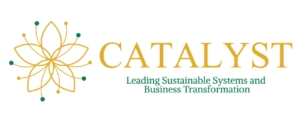Green Skills for Green Jobs
With the rise of clean technologies that can be implemented in industry, in the public sector and administration, technological professionals, but also administrative officers in positions for planning and realization of investment projects are required to possess sustainability-oriented skills.
You’ve probably heard the term “green jobs.” Thanks to increased investment in sustainable technologies, green jobs first appeared in the energy sector, then in industry, but now include jobs ranging from energy efficiency experts to software developers who can help companies, organizations and institutions make its operations more environmentally friendly.
What Are Green Skills?
Green skills are abilities and knowledge that are oriented towards the development and support of a sustainable and eco-friendly society and industry. Education about climate change will help us achieve sustainable economies. But most importantly, green skills are not just about creating environmental awareness; they also include understanding how technology can be used to improve our lives while protecting the planet.
So, basically, you need to develop a certain competent skill that contributes positively to the environment and along with that a certain “green” attitude – a way of thinking – Green skill starts to become Green Culture.
The Green Approach in Technology
When we put the concept of green skills in a technological context, it’s not just about reducing energy use or conserving natural resources; it is also a concept that will, for example, deal with the risk that your organization can continue to operate without interruption if there are any disturbances in the electrical network.
To achieve this, backup generators, backup power sources, and other measures designed to ensure that you do not lose data or suffer outages when the distributor is unable to provide power to the grid need to be planned. It is also important to be able to recover quickly from a disaster so that you can resume operations as soon as possible. The above can be managed by an energy manager but in cooperation with a team that includes employees from different operational and management levels. This is why even IT professionals or administrative services need to understand how to operate renewable energy sources such as solar panels, wind turbines and hydroelectric plants.
In short, this means developing green skills that will create “green corporate social responsibility” so that organizations are prepared for any kind of emergency that may arise in this time of transition to a green economy. Plus, being “green” means doing things differently from what we’re used to. It can also mean doing things better than what we are used to.
The Green Transition in the Community
The green transition is not just about technology; it is also about people, processes and culture. You should be able to adapt to new technologies and new ways of working. That’s why green skills usually go hand in hand with soft skills.
In addition to participating in specific courses to develop your soft skills, a good way to improve your social skills is to join a community focused on “green” topics. It will help you get involved in the green community and make connections with other professionals who share similar interests.
Through the courses/training and the opportunity to communicate and collaborate with colleagues from the green community will help develop these skills:
– Better communication
– Regular feedback
– Team work
– Leadership
– Empathy
– Environmental education
Green Skills Types
Green skills are divided into:
– specific technical skills, needed to adapt or implement standards, processes and services for the protection of ecosystems and biodiversity and to reduce the consumption of energy, materials and water; – often ICT skills are a necessary upgrade to support specific green technical skills
– transversal skills, related to sustainable thinking and action, relevant to all economic sectors and occupations; – these are cross-sectoral skills that develop environmental values and attitudes among individuals.
Pyramid of Green Skills
At the top of the pyramid are specific skills needed for new types of jobs and professions – for example, energy manager, sustainability manager, etc.
Then follow skills to supplement existing jobs – for example, head of the environment department.
Further in the middle of the pyramid are generic skills with an environmental context that are not specific for the realization of work duties but are essential for the work, education and life of the individual. These are jobs in the marketing, banking (finance) administration sectors in the private or public sector that need to acquire green skills that will improve their qualities and capacities for the realization of work obligations, but also for raising green standards in private life. . At the same level in the pyramid are the generic technological processes for greening – which need to be learned by each individual, in order to be able to understand the latest technological inventions and methods that support greening.
At the bottom of the pyramid are skills that will develop a positive attitude of the individual towards sustainability, green awareness, etc. These are skills that should be developed in every individual employed in all sectors.



